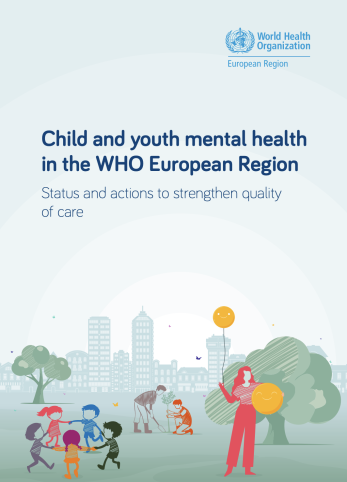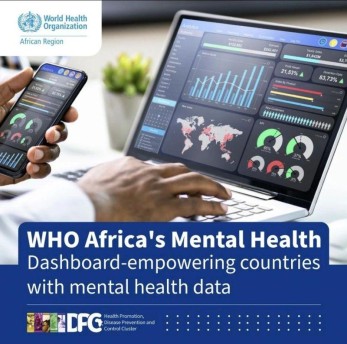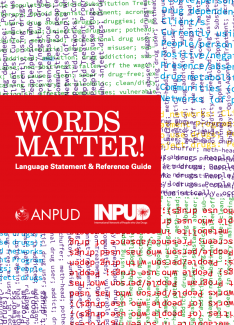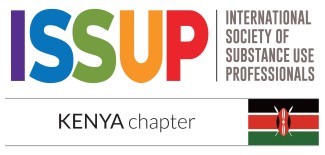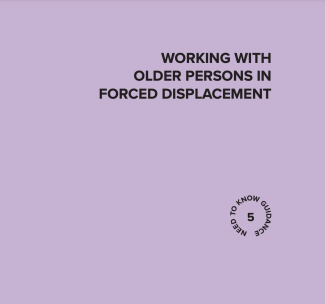
Tìm kiếm
Call for papers: International Mental Health Journal
Mexico's National Institute of Psychiatry, "Ramón de la Fuente Muñiz" began editing its official publication in 1977, "Salud Mental", which is currently indexed in: WoS, ScopuS, Academic Search Premier, SciELO, PsycINFO, IMBIOMED, RedALyC...
Війна - психологічні навички подолання травмуючих подій: Як надати допомогу людям, які стали біженцями чи вимушеними переселенцями
Війна - психологічні навички подолання травмуючих подій: перша психологічна допомога дітям
“Emergency Psychology and Trauma Clinic”
The post-graduate study course “Psychology of Emergency and Clinical Trauma”, organized by the Faculty of Human and Social Sciences of The Kore University of Enna, aims to train the figure of the Psychologist or Physician with skills in...
Building resilience in survivors of sexual exploitation: The role of children in activities implemented by NGOs in Uganda
Abstract
Children are increasingly affected by sexual exploitation (SEC), and the subsequent hardships arising out threaten their lives. Resilience is the process of adapting well in the face of trauma or other significant sources of...
Associations of common mental disorder with alcohol use in the adult general population
Abstract
Background and Aims
Research has shown that alcohol use and common mental disorders co-occur; however, little is known about how the global prevalence of alcohol use compares across different common mental disorders. The aim of...
Words Matter Language Guide
The need to change our language in relation to people who use drugs has become an increasing topic of discussion, but there is still a long way to go. People who use drugs are highly diverse and their relationship with drug use takes many...
Association of Psychiatric Disorders With Incidence of SARS-CoV-2 Breakthrough Infection Among Vaccinated Adults
Abstract
Importance Psychiatric disorders may be associated with an increased risk for SARS-CoV-2 breakthrough infection after vaccination, but no studies have tested this hypothesis.
Objective To evaluate whether past diagnoses of...
The Intersection Between Substance Use Disorder and Human Trafficking
ISSUP Kenya would like to present their next Bi-Monthly Webinar on The Intersection Between Substance Use Disorder and Human Trafficking.
This Webinar will discuss:
- Nature of Substance Use Disorder
- The connection between human...
Drug use severity in adolescence affects substance use disorder risk in adulthood
Although more than 1 in every 3 US individuals will develop a substance use disorder in their lifetime, relatively little is known about the long-term patterns of substance use disorder symptoms from adolescence through adulthood.
Key
...The burden of mental disorders, substance use disorders and self-harm among young people in Europe
Summary
Mental health is a public health issue for European young people. The Global Burden of Disease (GBD) Study 2019 provides internationally comparable information on trends in the health status of populations and changes in the...
Working with older persons in forced displacement
This document provides guidance for UNHCR staff and partners on protecting the rights of older persons in situations of forced displacement or statelessness.
When responding to the phases of forced displacement (flight, displacement...
Emergency Resource List
Therapists for Ukraine
This situation is more than complicated. It’s an unprecedented crisis that needs action now. Find a therapist that supports Ukraine with free counselling below.
The counsellors listed on this page come from many backgrounds, work with...
Workforce Wellbeing in Crisis Response - Learning from an NHS service following the Grenfell Tower Fire 2017
Adfam Research Report: Families and friends negatively affected by gambling - Policy & Recommendations
Description: This report sets out Adfam's findings from a range of research activities including four specific gambling-related surveys, peer support training and round-table events.
It looks at the effects of gambling on families as well...
Adolescent Suicide Research Screening, Risk Assessment, and Intervention
Abstract: Adolescent suicide continues to be an urgent, public health concern. This presentation discussed selected studies from a research program focused on developing evidence-based strategies for suicide risk screening, suicide risk...
An observational prospective cohort study of naloxone use at witnessed overdoses, Kazakhstan, Kyrgyzstan, Tajikistan, Ukraine
Abstract
Objective
To determine whether participation in the United Nations Office on Drugs and Crime (UNODC) and the World Health Organization’s (WHO) Stop Overdose Safely (S-O-S) take-home naloxone training project in Kazakhstan...
From binge eating to binge drinking: A new and robust paradigm for assessing binge ethanol self-administration in male rats
Abstract
Animal models of alcohol (ethanol) self-administration are crucial to dissect the neurobiological mechanisms underlying alcohol dependence, yet only a few of these induce pharmacologically relevant levels of alcohol consumption...
Mental Health Surveillance Among Children — United States, 2013–2019
Summary
Mental health encompasses a range of mental, emotional, social, and behavioral functioning and occurs along a continuum from good to poor. Previous research has documented that mental health among children and adolescents is...
Share the Knowledge: ISSUP members can post in the Knowledge Share – Sign in or become a member

